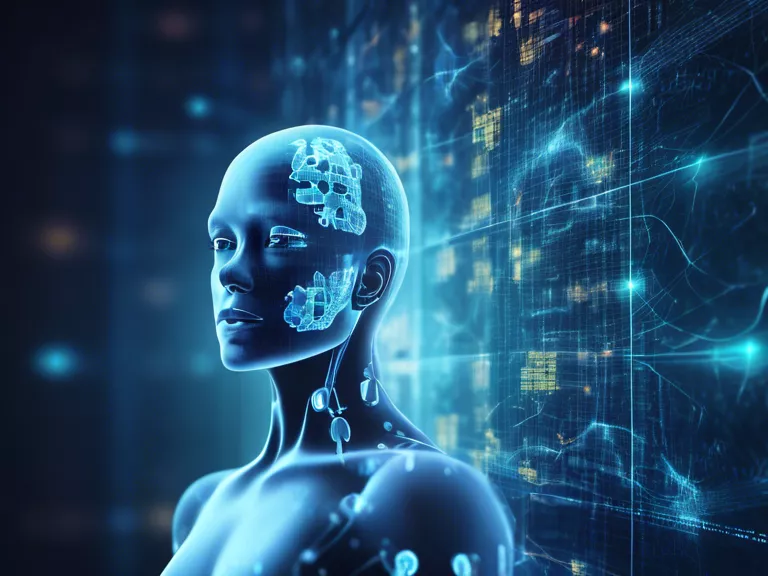
Artificial intelligence (AI) is revolutionizing the field of healthcare by significantly improving early disease detection and prevention. With the ability to process vast amounts of data quickly and accurately, AI systems can analyze medical images, genetic information, patient records, and more to identify patterns and anomalies that might not be apparent to human eyes. This advanced technology is making it possible to catch diseases in their early stages when they are more treatable and sometimes even preventable.
One of the areas where AI is making a significant impact is in the field of cancer detection. AI algorithms can analyze mammograms, X-rays, and other imaging scans to identify signs of cancer that might not be visible to human radiologists. By detecting cancer at earlier stages, patients have a higher chance of successful treatment outcomes and improved survival rates. Additionally, AI can help healthcare providers personalize treatment plans by analyzing genetic information and predicting how patients will respond to different therapies.
AI is also being used to monitor patients for signs of chronic conditions such as diabetes, heart disease, and Alzheimer's. By analyzing data from wearables, electronic health records, and other sources, AI can alert healthcare providers to potential issues before they escalate. This proactive approach allows for earlier interventions and better management of chronic diseases, ultimately improving patients' quality of life.
In conclusion, the impact of AI on early disease detection and prevention is undeniable. By harnessing the power of artificial intelligence, healthcare providers are better equipped to diagnose diseases sooner, personalize treatment plans, and improve patient outcomes. As AI technology continues to evolve, we can expect even more advancements in early disease detection and prevention in the future.



